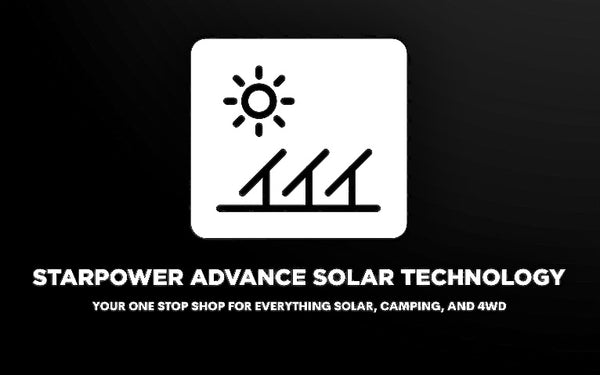What are flexible solar panels?
Flexible solar panels, also known as thin-film solar panels, are a type of solar panel that is made using lightweight and flexible materials. Unlike traditional solar panels, which are rigid and heavy, flexible solar panels can be bent and curved to fit various surfaces. They are typically made using thin layers of photovoltaic material, such as amorphous silicon or cadmium telluride, which are deposited onto a flexible substrate.
Advantages of flexible solar panels
1. Versatility: One of the main advantages of flexible solar panels is their versatility. They can be used in a wide range of applications, including on curved surfaces, such as vehicles, boats, and backpacks. Their flexibility allows for easy integration into various products and structures.
2. Lightweight: Flexible solar panels are much lighter than traditional solar panels, making them easier to transport and install. This is particularly beneficial for mobile applications, where weight is a critical factor.
3. Durability: Flexible solar panels are designed to be durable and resistant to harsh environmental conditions. They are often made using materials that can withstand high temperatures, humidity, and UV radiation. This makes them suitable for outdoor use in different climates.
4. Aesthetics: The flexibility of these solar panels allows for more design possibilities. They can be seamlessly integrated into different surfaces without compromising the aesthetics of the structure. This makes them a popular choice for architects and designers.
Applications of flexible solar panels
1. Portable power: Flexible solar panels are commonly used to power portable devices, such as smartphones, tablets, and camping equipment. They can be easily folded and carried, providing a convenient source of renewable energy on the go.
2. Marine and RV applications: The flexibility and lightweight nature of these solar panels make them ideal for marine and RV applications. They can be installed on boats, yachts, and recreational vehicles to provide power for lighting, appliances, and other electrical systems.
3. Building-integrated photovoltaics: Flexible solar panels can be integrated into building materials, such as roofing membranes and facades, to generate electricity. This allows for the seamless integration of solar power into the architecture of a building.
4. Off-grid installations: In remote areas where access to the grid is limited, flexible solar panels can be used to generate electricity for off-grid installations, such as remote cabins, telecommunications towers, and agricultural equipment.
Conclusion
Flexible solar panels offer numerous benefits, including versatility, lightweight design, durability, and aesthetic appeal. Their ability to be bent and curved makes them suitable for a wide range of applications, from portable power to building-integrated photovoltaics. As the demand for renewable energy continues to grow, flexible solar panels are likely to play a significant role in meeting our energy needs in a sustainable and efficient manner.

